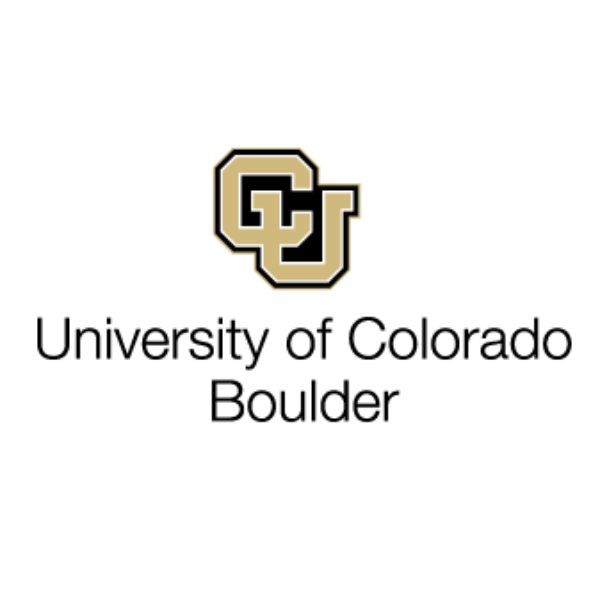University of Colorado Boulder researchers taking steps to strengthen safety by expanding FieldSafe
Alice Hill has spent many hours of her adult life in remote locations around the world: she’s traversed technical peaks in Alaska and Patagonia, rowed boats down complex rapids in Peru, and collected water samples in high alpine basins in Kyrgyzstan.
As a mountain hydrologist and field instructor for the National Outdoor Leadership School (NOLS), Hill understands the complexities of working in remote locations with groups of people. But over the years, Hill realized the goals of scientific fieldwork and outdoor education didn’t always align.
“I think an inherent goal in outdoor education is to create a group environment supportive of learning and that requires leadership development and group awareness,” Hill said. “Whereas with science, it always comes with this overarching goal of collecting the data.”
ALICE HILL CHECKS A MAP IN THE FIELD. COURTESY OF ALICE HILL
Over the past decade, stories have emerged detailing harassment and misconduct in remote scientific field settings. The stories prompted NSF to compile a detailed report about work conditions at the United States Antarctic Program, for example.
“And it just sort of brought to light this bigger question about what the culture was like in field science,” said Hill.
While working as a postdoctoral researcher at the National Snow and Ice Data Center, Hill proposed an instructional program building from her NOLS leadership experiences focused on managing risk by building and maintaining healthy groups in the field.
Kristy Tiampo, director of the Earth Science & Observation Center, and Anne Gold, director of CIRES Education and Outreach Program, were eager to support Hill and her vision. In 2019, NSF awarded the team seed funding to develop the Risk Management Workshop for Field Scientists. The team facilitated two in-person workshops that included ADVANCEGeo’s bystander intervention training.
The popular program regrouped under a new name in 2020: FieldSafe: a workshop for building safe and inclusive field teams. The pandemic-required transition to a hybrid virtual format where participants worked through self-paced modules coupled with live Zoom discussions. Online learning focused on developing a code of conduct and emergency preparedness, evaluating hazards and decision-making in the field, and maintaining positive group culture.
FieldSafe is garnering attention nationally. The team published an article on the urgency for addressing the culture of fieldwork, adding to the building literature across several organizations concerned about the sometimes toxic group dynamics in field science. In 2023 NSF changed the requirements in the Proposal & Award Policies & Procedures Guide (PAPPG), requiring field safety plans for all projects and proposals.
Today, the small team is leading the program to its next phase with three more years of support from NSF. They plan to move the workshop to a Massive Online Open Courses (MOOC) which will include new content and topics while reaching a wider audience.
Gold, the proposal’s principal investigator, will lead a team in researching the effectiveness of FieldSafe workshops — are they working?
“We also need to understand and study how effective the trainings are: do they actually help?” said Gold. “Or what does make safe field environments more inclusive and safe?”
In May, Lauren Magliozzi, an INSTAAR PhD student, attended a FieldSafe workshop. Magliozzi leads groups of students to study the impacts of the Marshall Fire on local watersheds near Boulder. Last summer, she noticed a lot of tension between students after long days in the field. She signed up for FieldSafe to learn new tools for navigating challenging situations.
Magliozzi found a lot of value in digging deep into concepts like risk assessment, decision-making, allyship, and bystander intervention. And she’s excited to create a code of conduct with her students. She also plans to implement a daily debrief.
“I learned about how the debrief is an opportunity for my students and other researchers out in the field, to communicate back to me too,” said Magliozzi. “So it’s not just me being like, ‘you guys did great,’ it’s an opportunity to solicit feedback.”
Magliozzi appreciated the short format of the course and her ability to work at her own pace.
She put together a “mini” FieldSafe presentation for her colleagues who were unable to attend the workshop.
As FieldSafe embarks on its next phase, Anne Gold sees an opportunity to create safe and welcoming environments for the next generation of scientists.
“We also think a lot about retention in the field,” said Gold. “How do we inspire? How do we not lose people along the way? It is so well known that with negative field experiences young researchers say ‘this is not for me.’”

